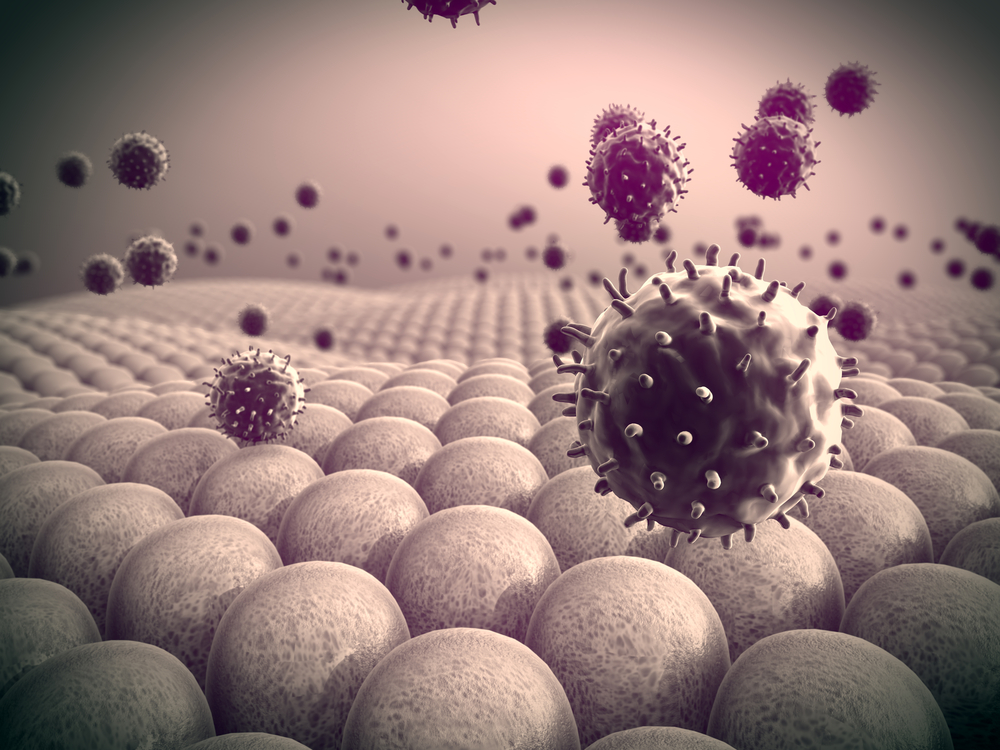Researchers at Walter and Eliza Hall Institute, and colleagues from the Queensland Institute of Medical Research, have identified a protein that negatively regulates the natural killer (NK) cells’ ability to destroy cancer cells by limiting the cell’s response to to interleukin 15 (IL-15), a growth factor essential for NK cell activation.
When the protein was deleted, the cells were better able to protect mice against metastatic melanoma, prostate and breast cancer. Such findings indicate protein’s potential as a checkpoint in NK cell-mediated tumor immunity and for the development of new immunotherapies.
The research paper “CIS is a potent checkpoint in NK cell-mediated tumor immunity,” was published in Nature Immunology.
Natural killer (NK) cells, immune T-cells with promising antitumor and anti-infection properties, are potent fighters against solid tumors and are greatly explored in the development of cancer immunotherapies, a therapy approach that boosts a patient’s own immune system to fight and annihilate cancer cells. The detection of aberrant cells by NK cells, though not always successful, is controlled by a variety of signals and ligands, including cytokines such as interleukin 15 (IL-15).
In the study led by Sandra Nicholson and Nicholas Huntington, researchers found the cytokine-inducible SH2-containing protein (CIS) negatively regulates IL-15 signaling in NK cells, which hampers the cells’ ability to destroy target tumor cells. When the scientists removed the protein in living subjects, NK cells improved protection against melanoma, prostate and breast cancer metastasis. The cells’ activity, survival, and proliferation were all enhanced and improved.
Researchers believe the findings will help in the development of new therapies to improve the NK cells’ response to the growth factor and help patients fight cancer.
“This is about learning how to activate the NK cells of the individual patient and boost their immune system to tackle the disease,” Huntington said. “We are hopeful our research will lead to new immunotherapies that supercharge the body’s Natural Killer cell, and maintain it in a highly active state to more efficiently and specifically fight cancer.”


